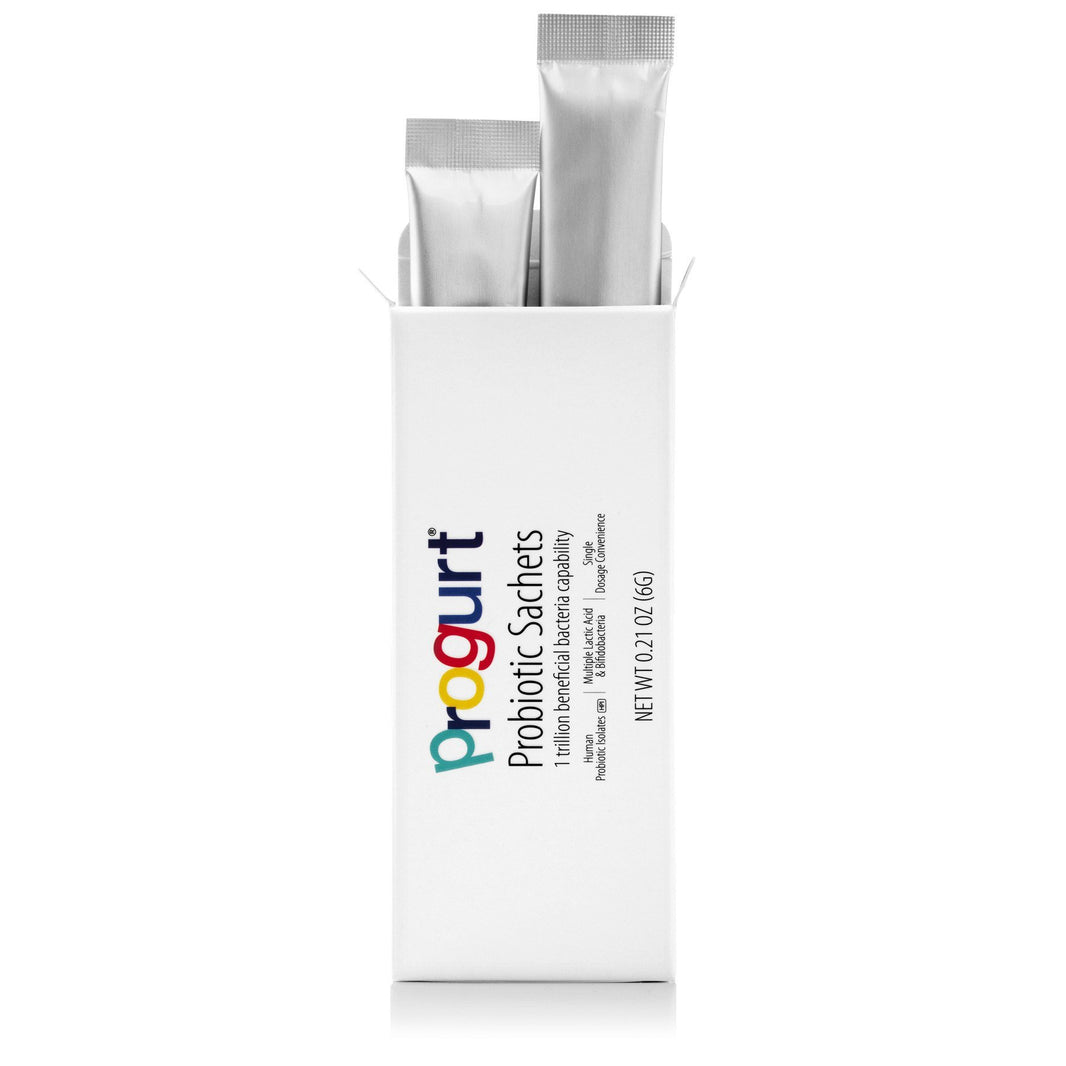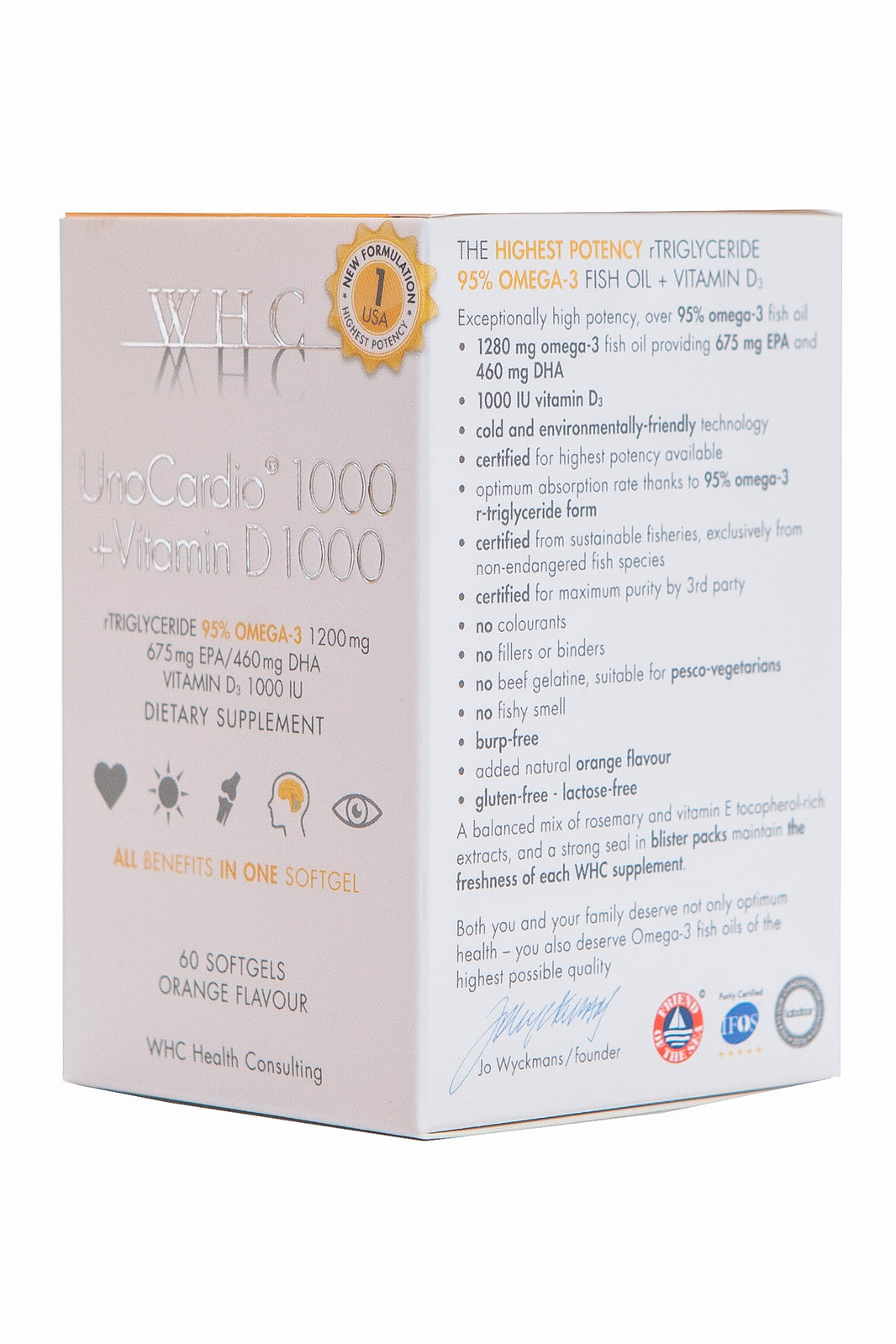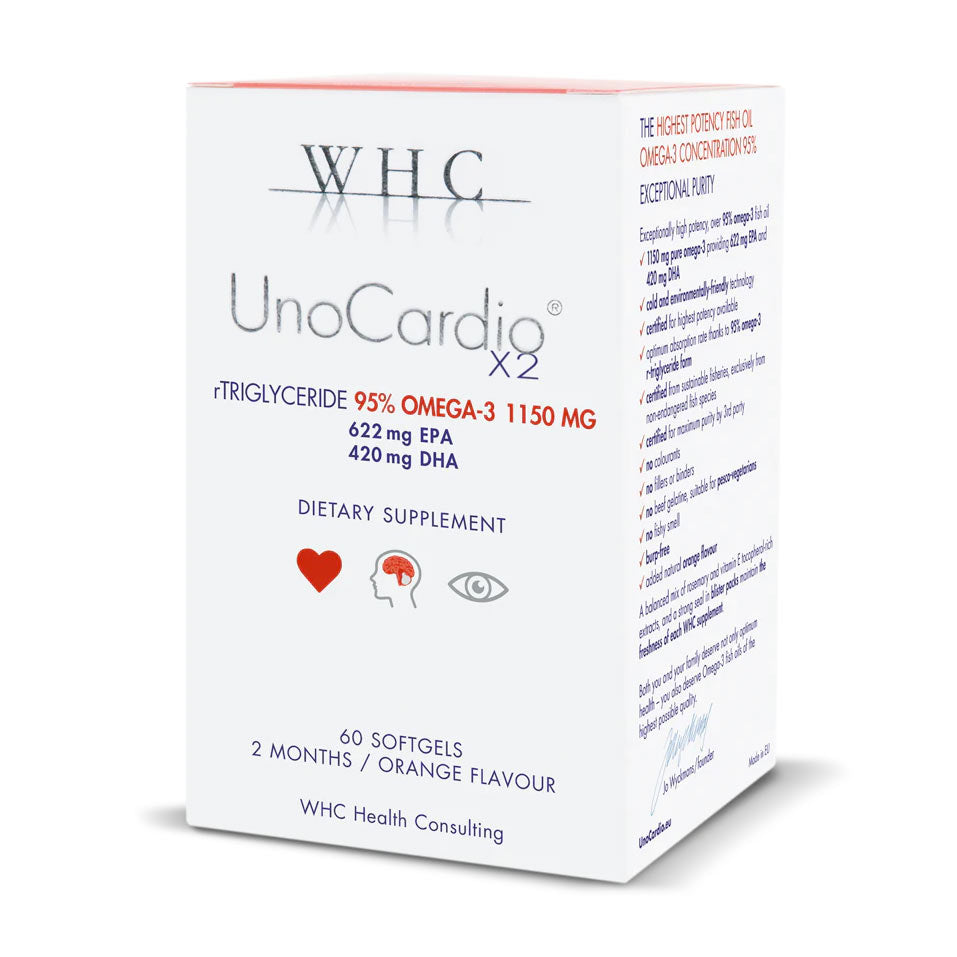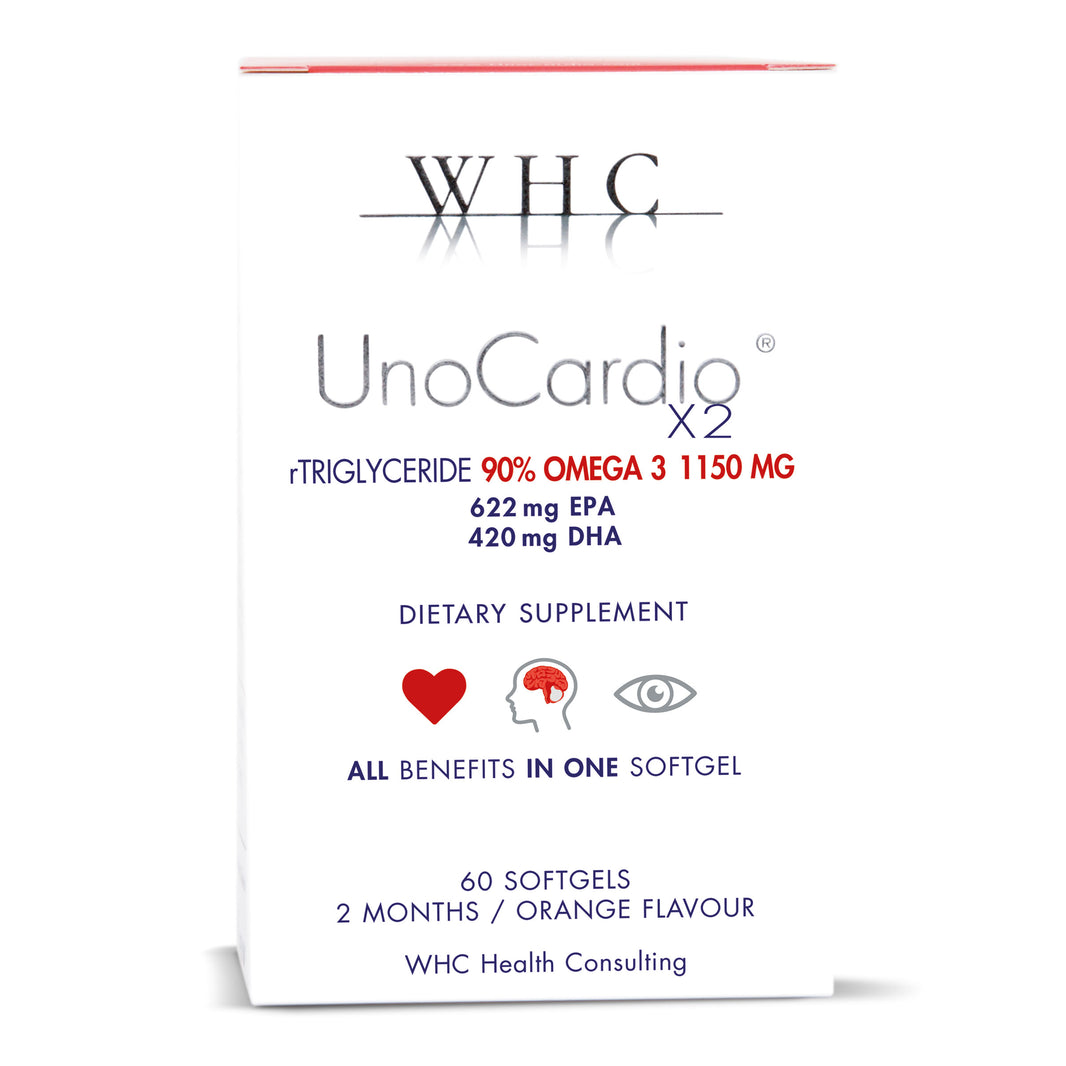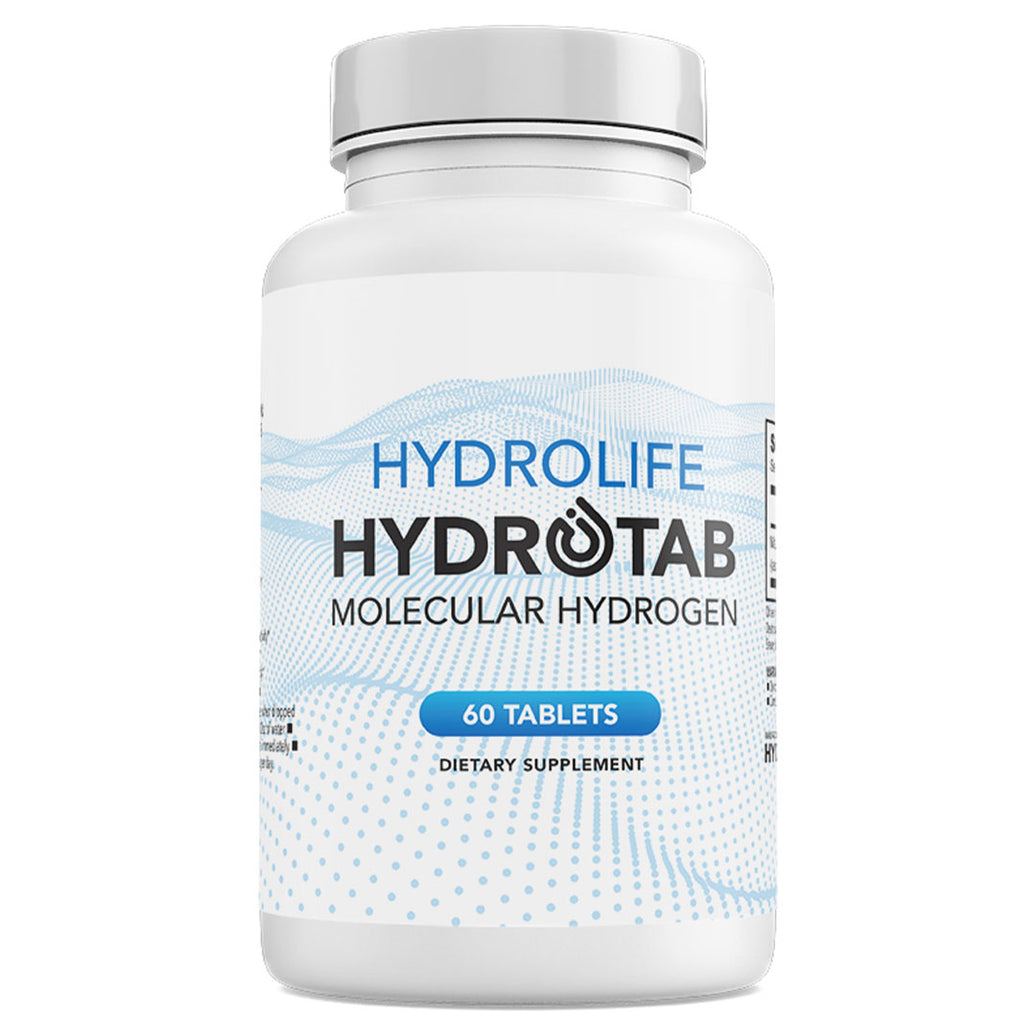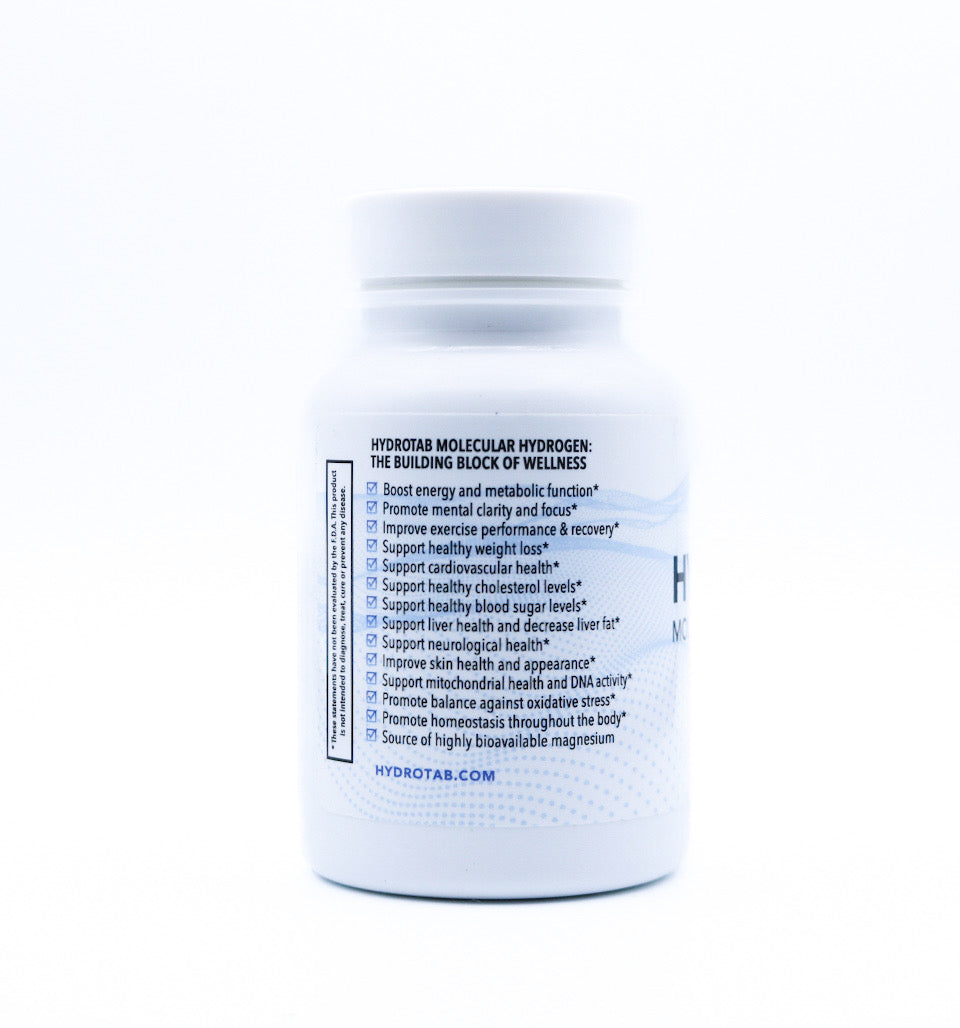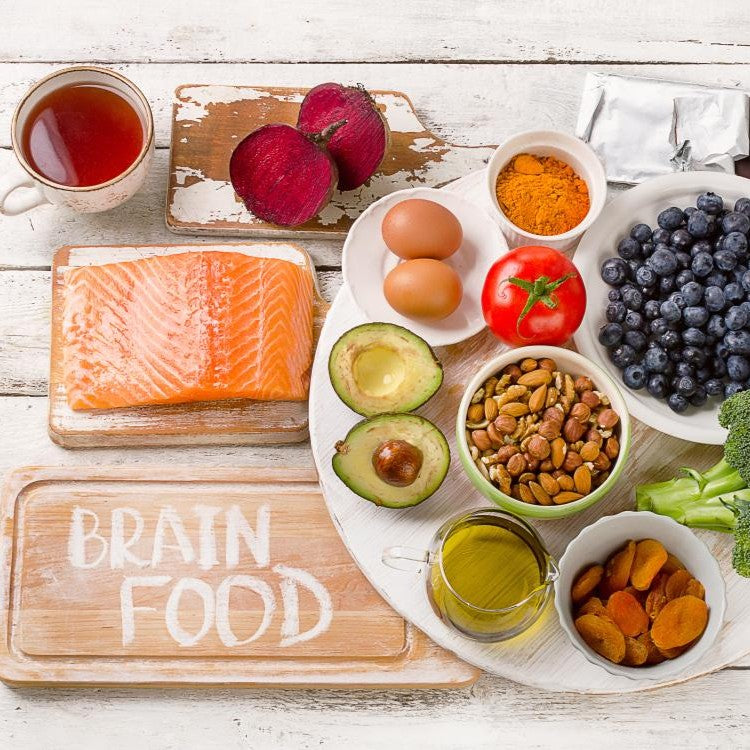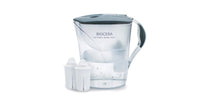The brain is a highly complex centre of coordination, emotional, sensation, nervous and intellectual activity. It controls every function of our bodies and holds the very core of what makes you, you.
It is essential to keep the brain working at it’s optimal level, and fortunately for us this is very simple to achieve.
This article lists 8 easily achievable ways to build a strong brain with food, use as many of these tips as you can each day to keep yours functioning to the best of its ability.
1. Water
Dehydration has been linked to lack of focus, memory loss, brain fatigue, headaches, anger and depression. More worryingly is the link that has been found between dehydration and dementia. Some studies have found that being as little as 1% dehydrated leads to a 5% drop in cognitive function.
With another study published in the journal Human Brain Mapping in 2011 also observing that dehydration causes shrinkage of the brain and an increase in the size of the ventricles, which are responsible for producing cerebrospinal fluid.
As the brain has no capacity to store water, and given that brain cells literally shrink in size after prolonged dehydration, it is therefore essential to drink clean, purified water regularly throughout the day.
The amount needed by every person is very individual and depends on many things, including how much physical activity you do in a 24 hour period. But aim for at least 2 litres a day to maintain clarity and focus. Great hydration results in the ability to think faster, and the brain gets oxygenated and energised as a result.
It may be possible to enhance the effects even further by drinking alkaline water, which is a fantastic source of antioxidants.
2. Fatty Acid
Brain tissue has been found to hold the highest concentration of the fatty acid known as DHA (docosahexaenoic acid). This suggests that the brain is particularly hungry for this substance.
Research has found that DHA can benefit the brain in three distinct ways;
- It can help protect the tissue of the brain from inflammatory damage
- It stimulates the growth of ‘neurites’ that help the brain to form stronger links assisting with learning and memory
- DHA has also been found to aid with healing brain tissue following injury
Consuming at least 3g per day has been associated with reduction in the risk of cognitive conditions linked with Alzheimer’s disease.
Once again, the brain is unable to store DHA, so a regular intake is required to keep the brain strong. This can be achieved by eating oily fish such as wild salmon, or good quality fish oil supplements.
3. Vitamin B
A recent study published in the journal Plos One has suggested that three B vitamins, B6, B12 and folic acid could slow the rate of memory loss in individuals suffering from mild cognitive impairment. As mentioned previously, this condition is known to be an indicator of potential future development of Alzheimer’s disease.
These B vitamins have been found to convert an amino acid (homocysteine) into acetylcholine (which is essential for development of memory). Blood taken from patients suffering from Alzheimer’s disease often show low levels of acetylcholine.
The vitamins also appeared to protect individuals against brain shrinkage and improve cognitive ability of those struggling with memory loss.
4. Gingko Biloba
Gingko Biloba has been found to significantly increase the flow of blood to the brain according to a study published in the journal Neuroradiology, which could result in more oxygen and more nutrients reaching the brain and more efficient detoxification taking place. At present it is only available in the UK on prescription.
5. Breakfast
Skipping breakfast can negatively impact your focus, memory and mood. Eight hours of fasting is quite enough for your brain, so naturally it is hungry for a boost of nourishment by the time morning comes. Even if you don’t feel like eating - your brain would benefit from a nutrient packed meal. And a happy well fed brain, means a happy you, leaving you to have a productive and energised day.
6. Food Allergies / Intolerances
If your body has a negative reaction to a particular food, your brain will also struggle to cope with it. Any intolerance, such as dairy, wheat, gluten or soy will not only impact your digestive system but also your brain once the blood from your digestive system reaches it.
7. Additives
Look out for additives in the ingredients list of processed foods. It is worth the effort researching these to find out the side effects of consuming many of the chemicals that are added to our food in order to increase shelf life.
One particular example is MSG, which is a known excititoxin. This means it could cause neuron damage and eventual destruction when absorbed in high doses in people that are highly sensitive to MSG.
8. Don’t Overeat
Overeating puts a major strain on your digestive system. This means that extra blood flow is directed to the stomach and intestines to aid with processing a heavy meal.
This redirection obviously results in a decrease in the blood flow to the brain, and is felt as a slump in energy and mental clarity.
Simple Ways to Boost Your Brain
These 8 tips we have highlighted today are all relatively simple to follow and can go a long way to building a strong brain that functions efficiently today, and as a result, may lower your risk in the long term against cognitive disease.
The following relevant products may be of value to help to maintain brain health:





